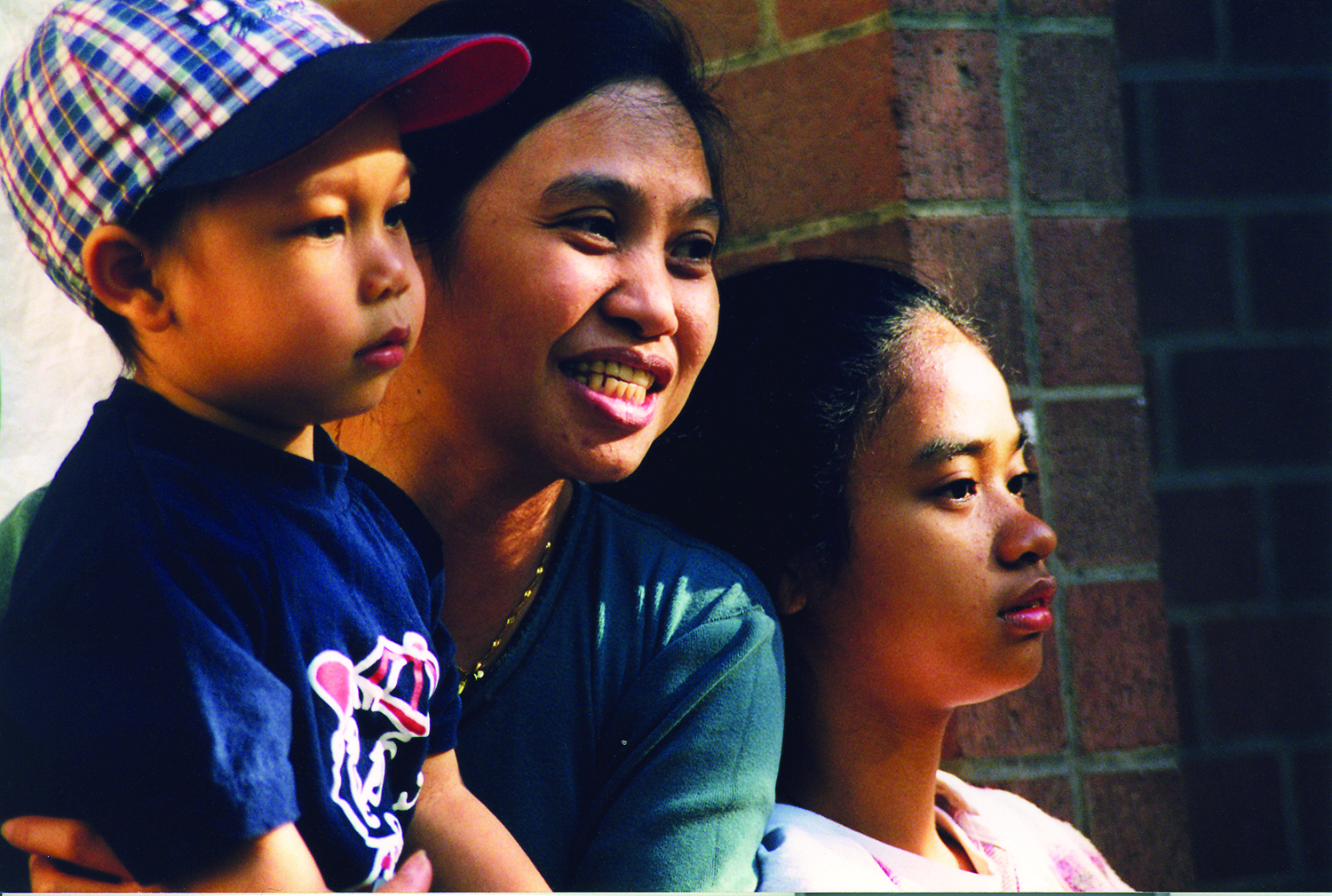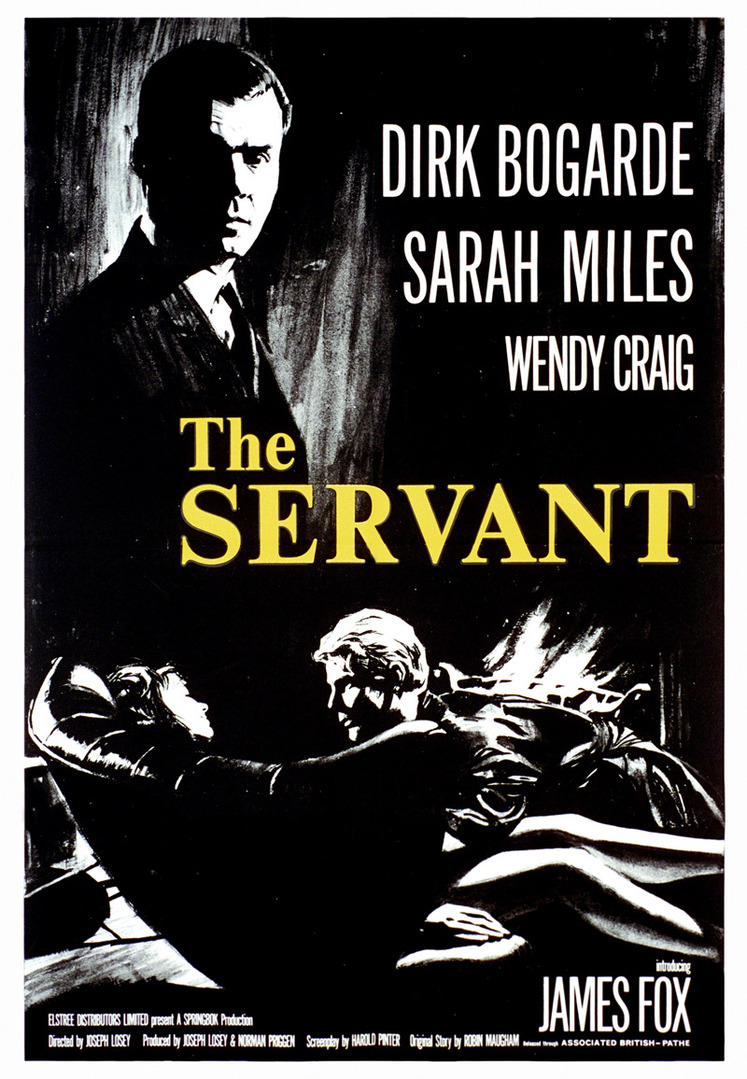When Strangers Re-unite
30 years of socially engaged cinema
In this selection of 4 films for the Cinémathèque and for Tënk, we witness the beginnings of the anti-globalization movement and the preparations for a civil disobedience action in Montreal, we meet the last survivors of the discriminatory Chinese Head Tax and Exclusion Act, we get to know Filipino migrant families shattered by the need to go into exile to work. We meet the last survivors of the discriminatory Chinese Head Tax and Exclusion Act, we get to know Filipino migrant families shattered by the need to go into exile to work, and we learn about Aboriginal communities and their struggles through the music of committed First Nations artists.
In partnership with Cinema Politica, les Rencontres internationales du documentaire de Montréal et Tënk.
The mission of the Centre d'art et essai de la Cinémathèque québécoise (CAECQ) is to primary program Quebec-made documentaries and independent fiction, as well as international documentaries, animated and foreign films, while encouraging opportunities for meetings between the public and the artists. Its programming is presented in conjunction with the Cinémathèque québécoise’s under the label New releases.
The showing will be followed by a discussion with three members from the Pulso ng Bayan group.
Three Filipino families struggle to rebuild their lives in Canada after years of separation. The third part of a trilogy on the impact of labour migration, including Brown Women Blond Babies and Modern Heroes Modern Slaves.Every year thousands of women enter Canada as domestic servants, the majority of them from the Philippines. Leaving their own children and families behind, they can spend many isolated years cooking, cleaning and caring for others. Sending much of their wages back home, they dream of the day their families can join them. When Strangers Re-Unite looks at what happens after years of separation and sacrifice. Virtual strangers at the airport, family members face a confusing journey of rebuilding relationships while adapting to an often unwelcoming environment. Within the Filipino community in Canada, several groups and organizations have been actively working for the rights and welfare of migrant workers. It is largely thanks to them that most of these families are able to overcome what can seem like insurmountable obstacles. Filmed in Toronto, Montreal and the Philippines, this candid and touching portrait reveals three families in the midst of healing, coping with the strangers they love.
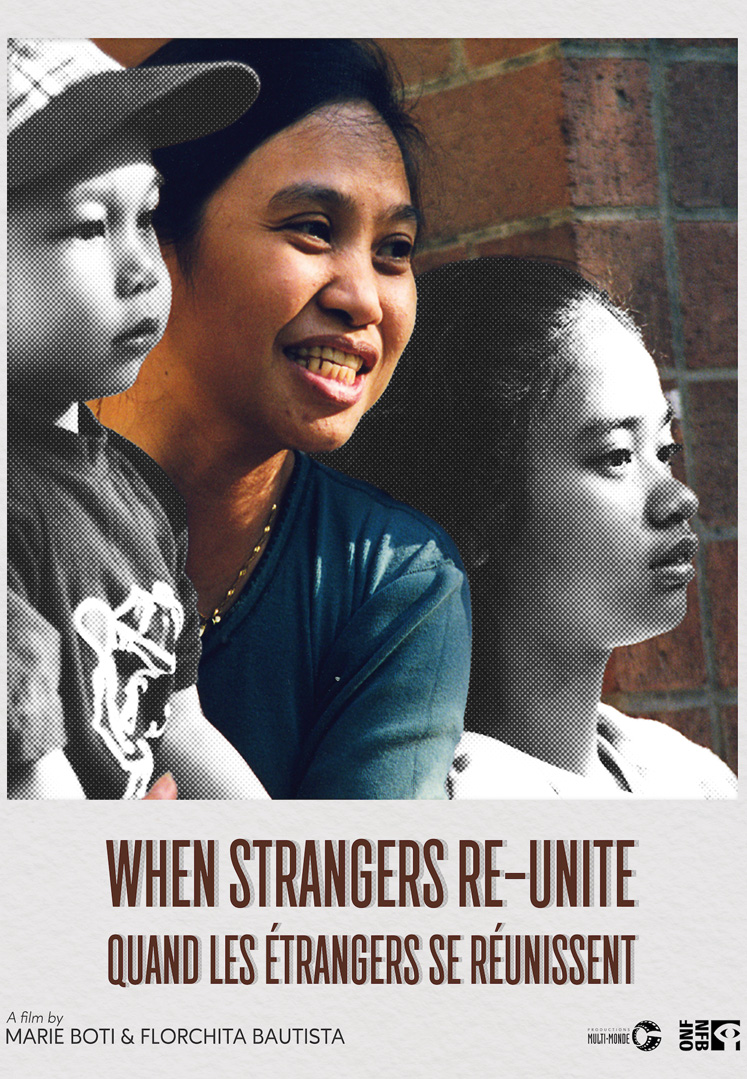
Mari Boti
Marie Boti is a co-founder of Productions Multi-Monde with Malcolm Guy. She has been making documentaries since 1987, sharing the lives and struggles of the people and communities she films with. These close relationships are perceptible in her work. Marie creates documentaries that deal with social and political issues at home and abroad, particularly the Philippines. She is a long standing member of the Centre for Philippine Concerns in Montreal.
Photo : Malcom Guy
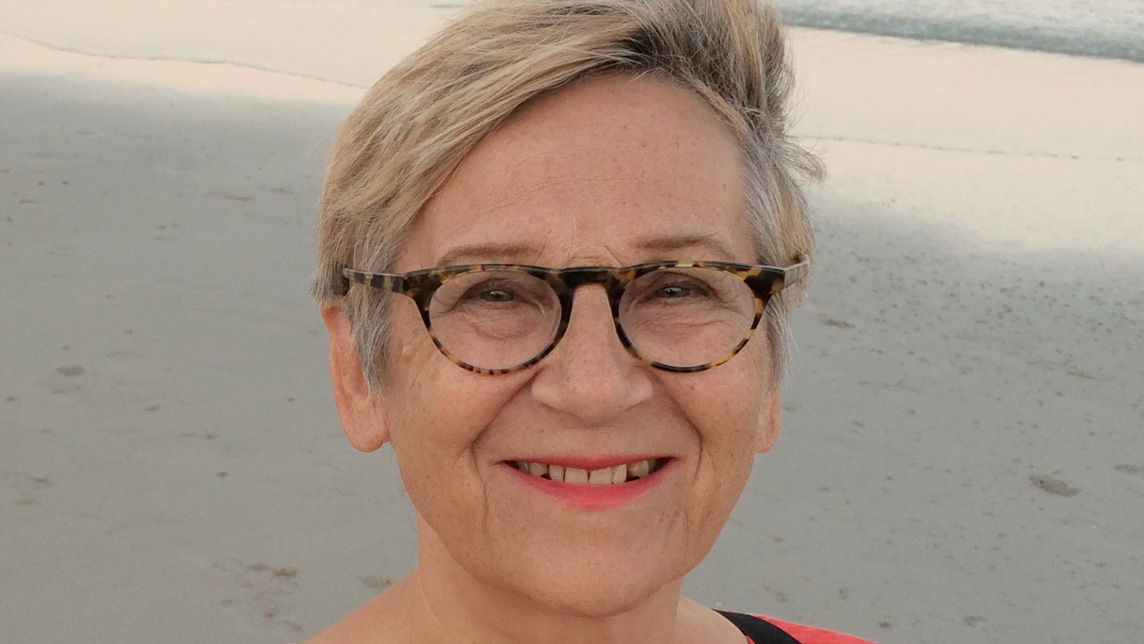
Florchita Bautista
Florchita Bautista is a former nun who was a teacher, guidance counselor and later a pastoral worker in the various mission sites of the Congregation of the Immaculate Heart of Mary (ICM) of which she was a member. She left the congregation and went to Canada to work among Filipino migrant workers in Toronto to raise awareness about their rights as temporary workers in Canada. It was while working among migrant workers that she met Marie Boti of Multi Monde. The two women decided to make documentary films describing the real situation of workers in Canadian homes. These films have been shown numerous times on CBC and Vision television and have also been used extensively by several churches as well as the University of Toronto and the University of British Columbia as documentary resources for their studies on women.
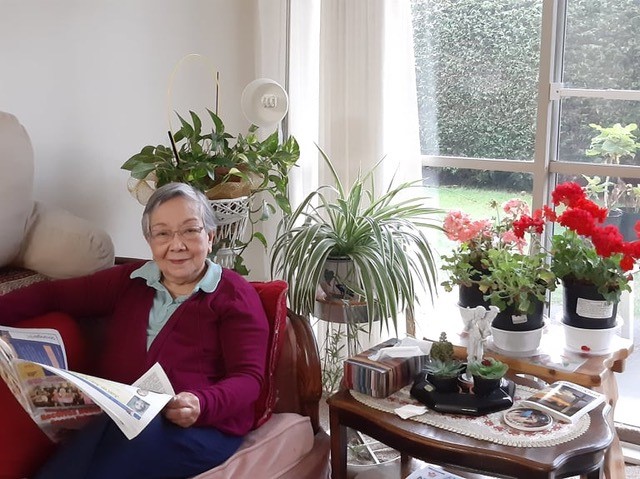
Presented in partenership with Cinema Politica, Rencontres internationales du documentaire de Montréal & Tënk.
